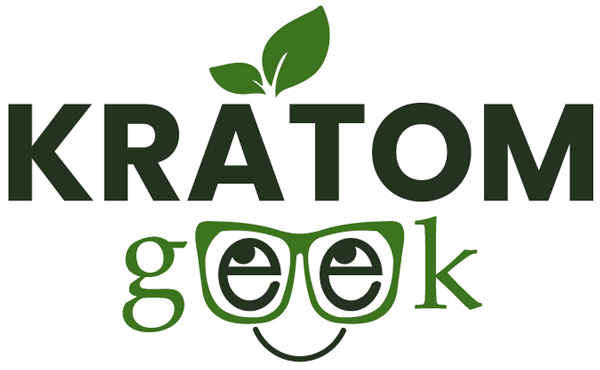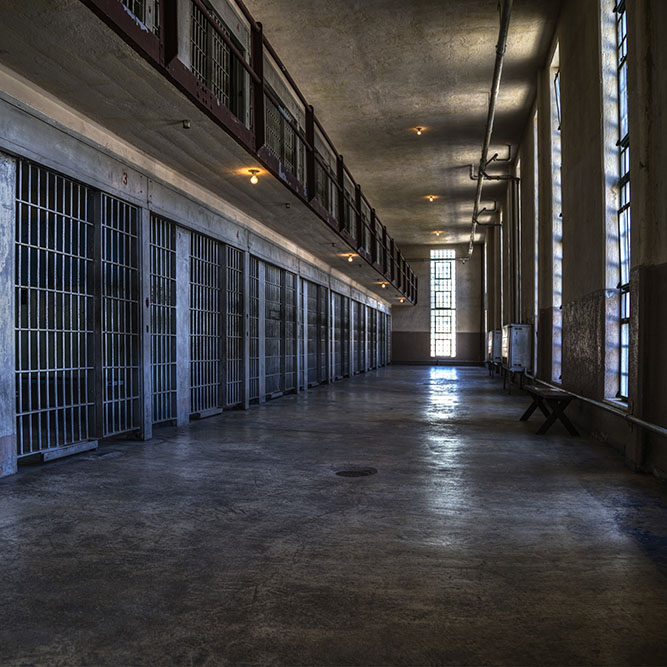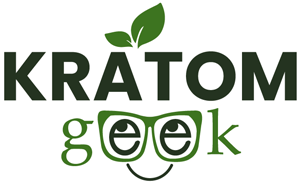America has the highest incarceration rate in the world. In the United States, approximately 2.2 million people are behind bars in our prison system. But we only have an estimated 330 million people in our nation. So that means out of 100,000 citizens, 655 of them are locked up in prison. That’s a lot of people. To contrast that, let’s look at China. That nation has more citizens than any other. Right now, it has an estimated 1.4 billion people living in the country. However, only about 1.7 million people are in prison. That’s around a half-million less than America. Yet China has close to 4.5 times the amount of citizens. So as you can see, our nation has an industrial-prison complex working within its borders.
According to the Uniform Crime Reporting (UCR) Program, the FBI database shows the number of drug abuse violations for 2018 was over 1.65 million. Now, some of those people arrested over the alleged crimes are acquitted. A few will turn states evidence to have their charges lowered. But a large chunk of them feeds into the system. A bloated system that takes up large sums of taxpayer-funded resources. In 2017, the federal budget for the War on Drugs was $31.1 billion. By 2020, it had increased to $34.5 billion. And those amounts don’t even take into account the amount our country spends at the state level. You might as well double both numbers. But what do we get in return for all that money?
The Price Tag is Too Steep to Pay
For starters, we create a never-ending cycle of warring with our citizens over products they choose to put into their bodies. The government seizes that product and throws the person in jail. And the majority of them had a harmless plant like marijuana in their possession. Then depending on the quantity of the substance that the accused has on them, the measurement is used to determine the type and length of the sentence they’ll receive if found guilty. Each state creates legislation that mandates sentencing structures for varying quantities of substances it deems illicit. And at a legislated weight, drug trafficking charges are imposed by the government.
Drug trafficking charges in the United States often come with some of the harshest penalties in our nation. Unlike simple possession drug charges, they carry mandatory prison sentences attached to them. And some states impose a mandatory minimum sentence for those convicted of such a crime. Now, the punitive measures we use in the US for those charged with drug convictions might seem like a good idea to some. I’m sure it does. Politicians garner lots of votes from some of the populace by touting they’ll strengthen the War on Drugs. They’ve used that line for decades. But the trajectory of the criminal system proves we’re doing more harm than good. Locking people up and placing permanent blemishes on their criminal records over a plant is asinine, especially one that even the federal government considers legal. And we see that happening with kratom.
Alabama Dishes Out Criminal Charges
A little over a year ago, on October 22nd, 2019, the Baldwin County Sheriff Office stopped a white cargo van for a traffic violation. The deputies of the Special Operations Unit claimed they developed probable cause during the stop. But that doesn’t mean much. Nowadays, cops can orchestrate probable through deceptive police tactics. Once they searched the van, the deputies found an estimated 405 pounds of kratom products in the vehicle. The van’s driver, Noor H. Youref, had bought the kratom in Louisiana, where kratom is legal. He was taking the products back to Pensacola, Florida, where he lived (no legislation exists against kratom in that state). Youref was arrested and held without bond on trafficking charges.
Then a little over a month later, on November 25th, 2019, in Orange Beach, Alabama, a man named Jackie Ray Hagood, Jr. was pulled over by the cops for a simple traffic violation. He was also from Florida. When questioned about anything illegal in the car, Jackie Hagood informed the police he did not. But Jackie was upfront with the officer that he possessed some kratom capsules in his backpack on the backseat. The police searched and found 895 kratom capsules in the car. Even with such a small amount, they charged him with trafficking kratom. According to Orange Beach Police, anyone in possession of as little as 4 ounces of kratom risks a drug trafficking charge. And both cases gave the same county two trafficking charges for kratom in a month.
The United States Needs to Get on the Same Page
Driving across state lines with kratom isn’t the only thing citizens have to fret over. When a government pushes specific plants into a gray area, no set structure exists for how to market those plants, either. And that creates additional problems. At the moment, in the United States, kratom marketing is coming out of the shadows. The American Kratom Association recently put out a few televised commercials about kratom on the big mainstream networks. But it hasn’t always been that way. Before the public outpouring of support for the plant in American politics, businesses marketed kratom as “not for human consumption.” And kratom vendors in Canada still have to walk across those eggshells.
And nothing good can come from that. There are no safeguarding protections in place to ward off unfair practices in the market. And that doesn’t bode well for the customers. So instead, regulating agencies should start doing their jobs and work to make sure safety measures are in place to protect the consumer.
Plus, it creates a Wild West situation on the business side. With no specific regulations in place, there’s always on maverick willing to push the envelope. Then Johnny Law decides to make an example out of the company. Like recently, the federal government arrested and sentenced a man for operating a kratom business, although he did promote it as a cure-all. But in his defense, the FDA wasn’t doing its job by overseeing the industry. And that creates confusion and tension in the industry.
Our American Criminal System Needs Reform
Our nation has recently reached a tipping point with the populace regarding its growing police state. In the year 2020, we witnessed a resurgence of citizens protesting against police brutality and murders of unarmed suspects at the hands of law enforcement agents. A legitimate debate has finally surfaced about the amount of money we spend on our criminal system each year. And with the ballooning debt over the past decade that doesn’t seem to be slowing down, it’s the type of difficult discussion our country needs to have. Whenever we do, nobody can deny that we spend an enormous amount of funds enforcing legislation that made plants illegal that provide therapeutic benefits. We have to address that issue head-on.
We also have to deal with the adverse effect these policies continue to have on our society. It creates outcasts in the employment sector. Employers lay off employees from their jobs as a result. Workers are pushed down to the bottom of the application piles when they begin searching for meaningful employment. Those individuals usually wind up taking any position they can get to earn a paycheck. And those jobs pay very little and demand lots of labor. Beggars can’t be choosy.
And what crime did these people commit? Most of them ingested a plant that grows wild. Some of them, like those charged with kratom, possessed a plant that’s legal on the federal level. Yet, crossing particular state lines with that plant ruins lives. We need to fix that problem.






